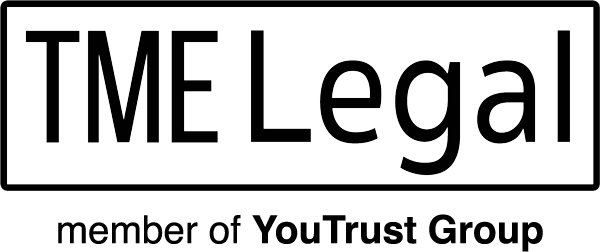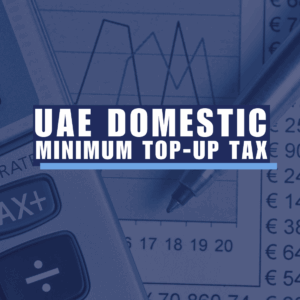I. Introduction
Effective 3 April 2025, the Kingdom of Saudi Arabia is implementing a new regulatory framework governing the disclosure and registration of Ultimate Beneficial Owners (UBOs). This legislative reform represents a pivotal step in the country’s broader efforts to enhance corporate transparency, combat illicit financial activity, and bring its regulatory architecture into full alignment with international standards—most notably those established by the Financial Action Task Force (FATF). The new UBO regulations are intended to close existing legal and procedural gaps that have historically made it challenging for competent authorities to identify the natural persons who ultimately own or control corporate entities operating in or through Saudi Arabia. As part of the Kingdom’s Vision 2030, which seeks to promote good governance, economic diversification, and investor confidence, the adoption of a modern, risk-based UBO regime underscores Saudi Arabia’s commitment to becoming a more transparent, globally integrated business environment.
II. Legal and Regulatory Background
The concept of Ultimate Beneficial Ownership refers to the natural person or persons who ultimately own, control, or benefit from a legal entity, even where such ownership or control is exercised indirectly through layers of intermediaries, trusts, or nominee arrangements. The FATF, as the global standard-setter in anti-money laundering and counter-terrorist financing, requires jurisdictions to ensure that accurate, adequate, and up-to-date beneficial ownership information is available to competent authorities in a timely manner. Prior to this reform, Saudi Arabia had taken preliminary steps to address beneficial ownership disclosure, but international evaluators identified deficiencies —particularly in the enforcement, accessibility, and reliability of data. Inconsistent definitions, low reporting thresholds, and a lack of centralized mechanisms had previously hindered effective oversight. The new 2025 UBO regime directly addresses these shortcomings by establishing clear definitions, mandatory disclosure obligations, enforcement mechanisms, and centralized access to verified information.
III. Scope and Substantive Requirements
The revised framework applies to all legal persons established, registered, or operating in Saudi Arabia, including foreign companies with a presence in the Kingdom. These entities are now obligated to identify, verify, and register their ultimate beneficial owners with the relevant authority — typically the Ministry of Commerce or the Saudi Central Bank, depending on the entity type. Under the new rules, a UBO is defined as any natural person who ultimately owns or controls, directly or indirectly, 25% or more of the shares or voting rights of a company, or who otherwise exercises effective control through contractual, financial, or other means. If no individual meets this threshold, or if there is doubt about who the UBO is, the entity must designate the person holding senior management responsibility as the beneficial owner of last resort. Critically, the obligation to identify and register UBOs is not static. Entities are required to keep their beneficial ownership information current and notify the authorities of any changes within a specified timeframe. The authorities are empowered to inspect, audit, and enforce compliance, ensuring the continuous accuracy and reliability of the data.
IV. Enforcement and Penalties
The updated regulations introduce a robust enforcement regime. Entities that fail to comply with the new UBO obligations may be subject to significant administrative and financial penalties, including fines for failure to register or update UBO information, suspension or revocation of commercial licenses, and potential criminal liability in cases of deliberate concealment, obstruction, or falsification of ownership information. Moreover, the competent authorities are authorized to carry out investigations, request supporting documentation, and impose sanctions for non-cooperation or fraudulent conduct. The emphasis on accountability is consistent with FATF guidance and reflects Saudi Arabia’s determination to establish a credible and enforceable corporate compliance regime.
V. Conclusion and Recommended Actions for Companies
With the new UBO rules entering into force on 3 April 2025, legal entities in Saudi Arabia must act swiftly to ensure full compliance. This includes conducting a detailed review of ownership structures, identifying all natural persons who qualify as ultimate beneficial owners under the revised criteria, and preparing to submit accurate, complete, and verifiable information to the relevant authorities. Companies should also establish or update internal compliance policies to ensure ongoing monitoring of ownership changes, timely reporting, and secure recordkeeping. In cases of complex or multi-jurisdictional ownership chains, it is advisable to consult legal or compliance experts to mitigate risk and avoid inadvertent non-compliance. Failure to comply with the new UBO framework may expose entities to severe legal consequences, reputational damage, and regulatory sanctions. By contrast, early and proactive implementation of the new rules not only reduces legal exposure but also enhances transparency, governance, and long-term business credibility both domestically and internationally.



